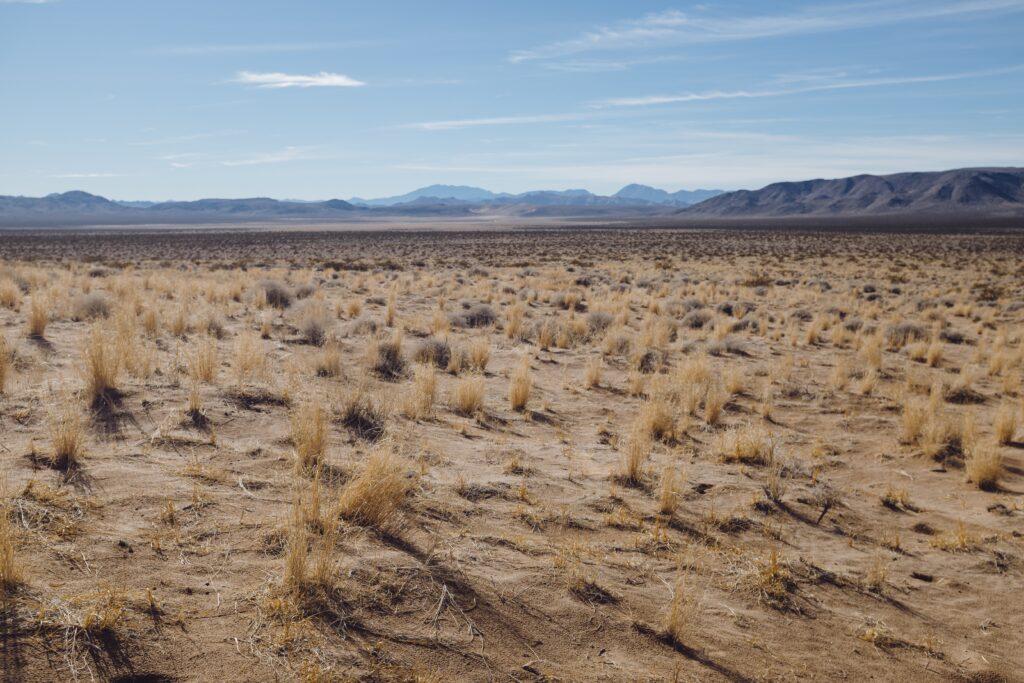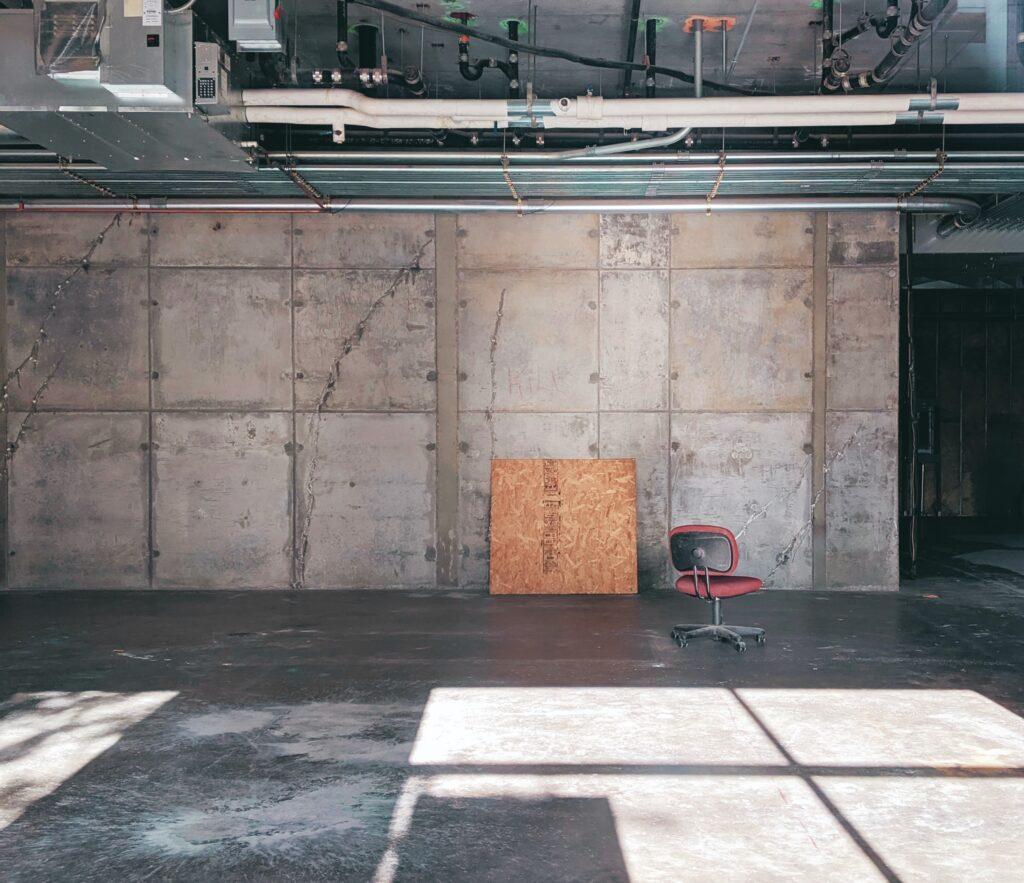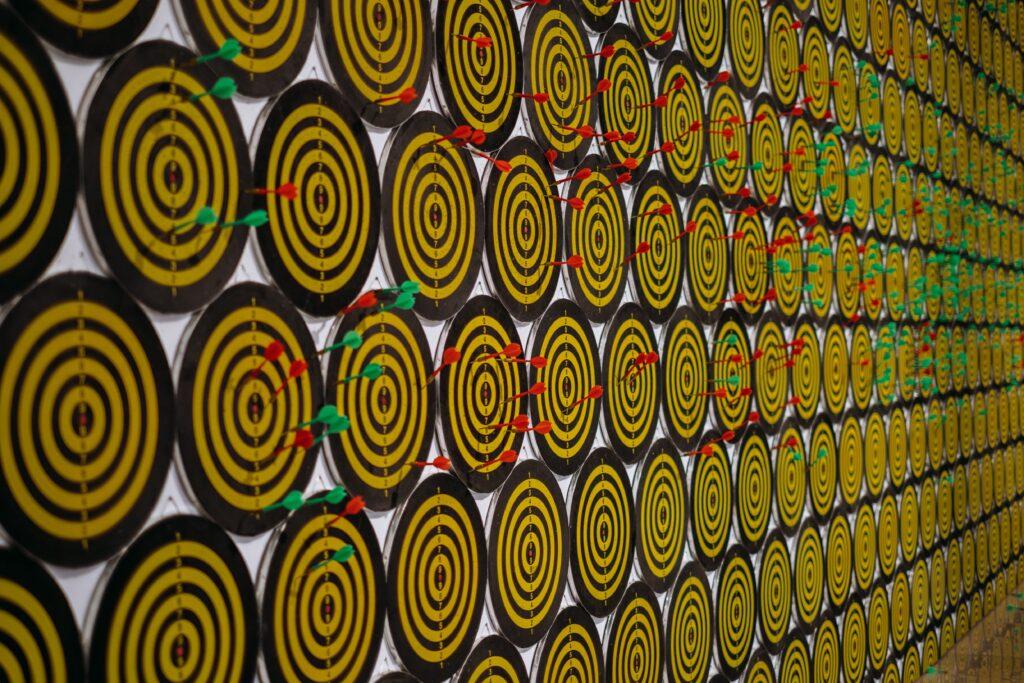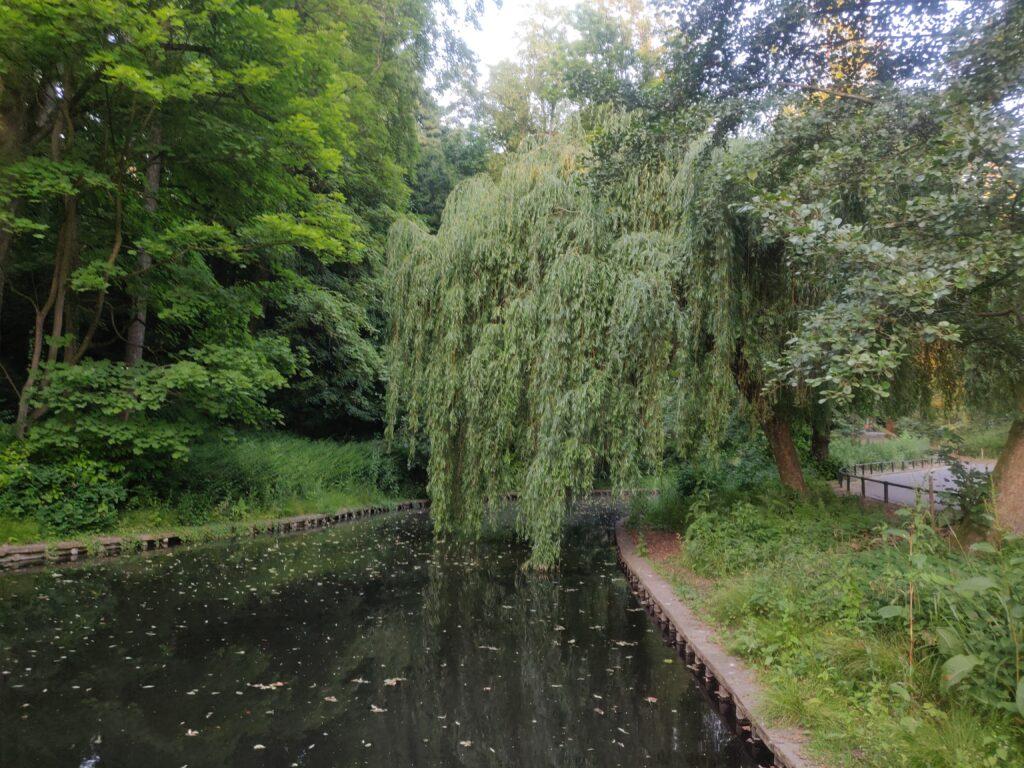
Photo by Wesley Tingey on Unsplash
Life can feel too busy to stop – even in the month of August. It can make it feel like we are on a constant treadmill of doing, with moments of respite few and far between.
But what if rather than needing to wait for moments of rest, it was something we actively created?
This summer has felt more intensive than I planned it to be. I chose to stay in Brussels this year. I tend to move around a lot anyway, and I was craving some stability. So I thought a restful summer would benefit me the most.
What I didn’t anticipate was that I had fewer cues to tell me it was time to rest. Rather than seeing the calming waves of the sea at a sunny beach, I instead saw the rather dreary rain of the Belgium summer.
Feeling like I had not rested made me question my own decisions – should I have gone to some exotic resort to relax? After all, that seems to be what other people do.
I realised I was duping myself into a fallacy. From what I saw around me, I had implicitly understood that to rest, a beach holiday was necessary. Whereas in reality rest is a state of mind that can be accessed anywhere.
Let’s not forget that most people do not get the luxury of a holiday escape. The belief that we need a stress relieving holiday is actually rather problematic. If we are working ourselves so far to burn out that we need a holiday to escape our reality, then the problem is how we are living, not the lack of an adequate holiday.
I’ve struggled with the pace of summer. I was expecting a slowed down motion of work, but this didn’t materialise in the way I thought it would – the working world has become more active and the ‘dead summers’ of old are no longer what they used to be. Now summer is a time for planning for the next period of work, rather than one of calm and rest.
But this is not about blaming external circumstances. In reality, I haven’t really allowed myself to return to a steady rhythm of life. The implicit ‘need’ to make the most of summer pushed me into a state of freneticism. I felt like I had to be doing fun and exciting things. But this was the exact opposite reason I chose to stay in Brussels – I wanted time to be with myself. Yet somewhere the reason I made the choice got lost along the way.
This week has been strange. I had stomach issues and headaches throughout it. I thought this was from overexertion from hot yoga classes. Whilst that may be a part of it, I must have picked up a stomach bug for it to have continued this long.
Perhaps it’s been a blessing in disguise. I’ve really had to rest, with very little activity. For the first time in probably six months, I’m having evenings where I’m not actively thinking or planning. My Friday night consisted of watching silly Youtube videos with no real plan to do otherwise. Most importantly, it felt comforting, rather than a guilty pleasure. (If you’re wondering, I watched videos around comically silly video game dialogues. Stuff like this video from Mortal Kombat 4. It is artistry in its own way).
In conventional wisdom this would sound like a wasted evening. But it’s also why conventional wisdom isn’t particularly useful for our individual lives. For me, having a night where I calmed the mind was exactly what I needed. If I didn’t give myself the time to do it, I would still be in the heightened alert mode that I needed a break from.
Having no plans allows us to do things far more spontaneously. This is very different to the pressure of *needing* to do something. My time has shifted from looking at social activities that I felt I needed to go to, to a more relaxed and freeing state instead.
It was only this week that I realised that there were many things that I had been neglecting – the basic things like doing my laundry, tidying my room and thinking about how I can decorate my space. The fact that my bedroom is now clean and tidy is so unbelievably calming, yet I was blind to how much I had let things slip.
Making space for ourselves is incredibly important, yet it can become a scary idea when we are so used to needing constant social contact.
So the easiest way to give space is creating the time where we have nothing planned.
Our intuition will tell us what to do when we’re alone.








